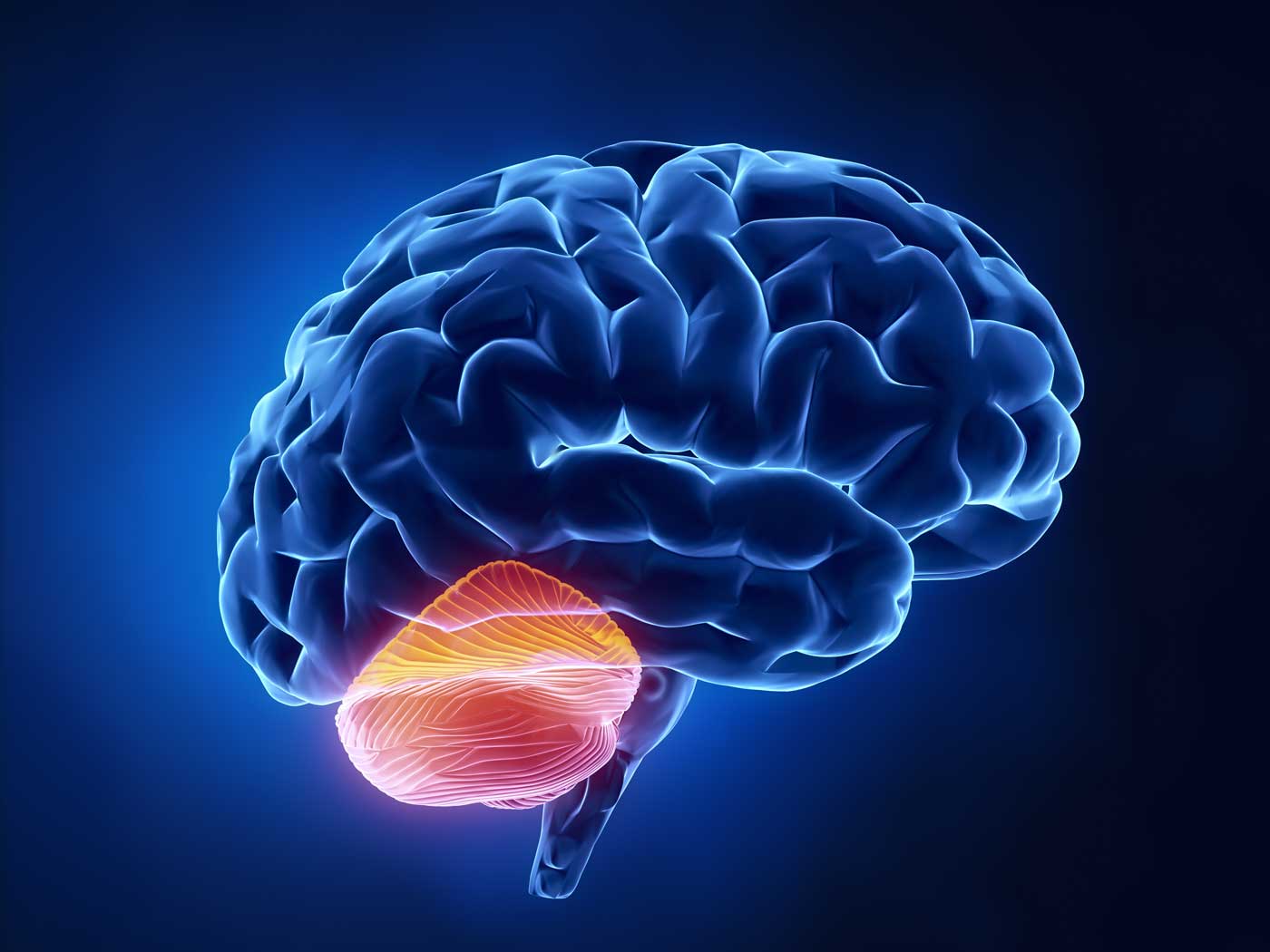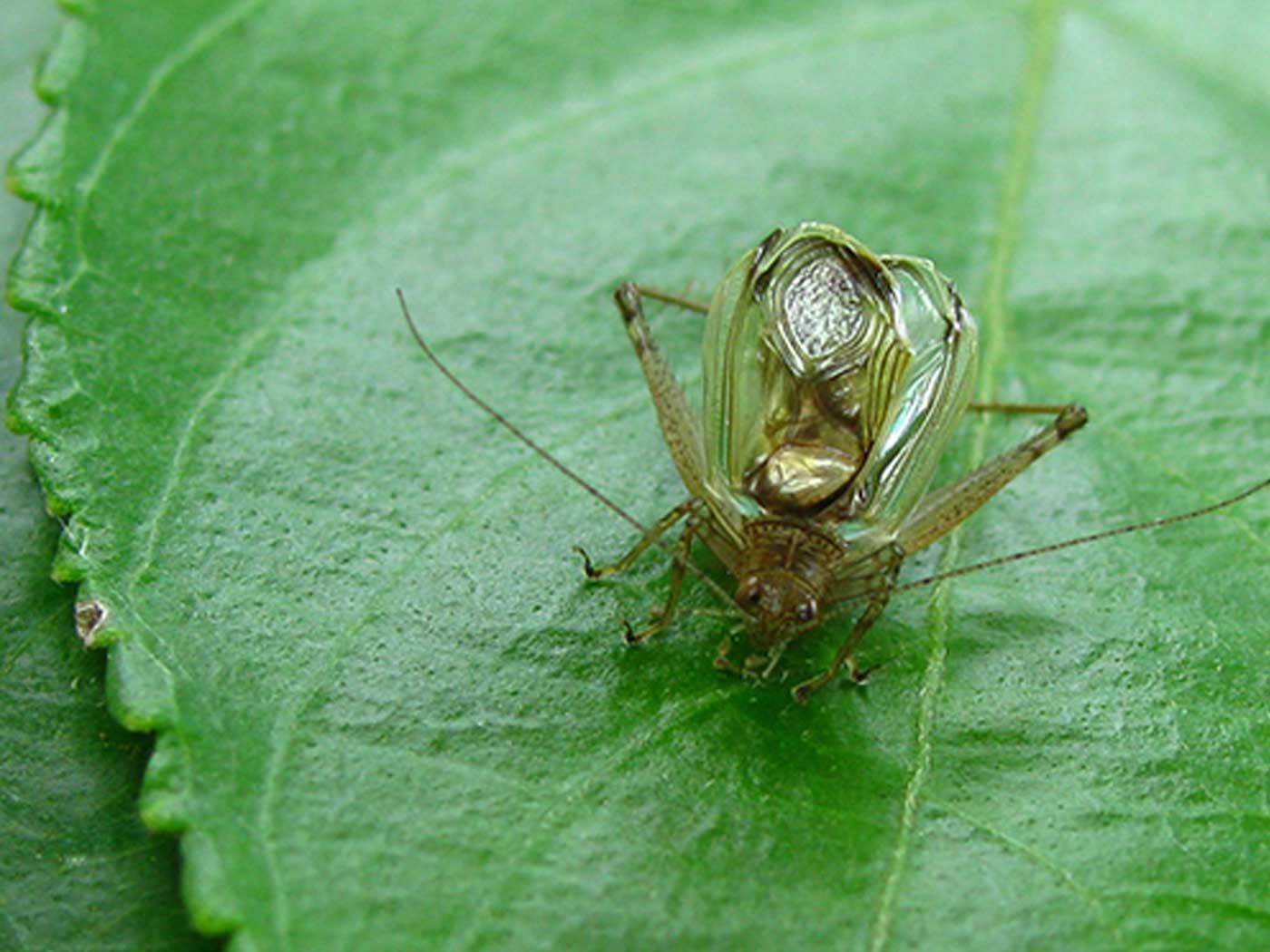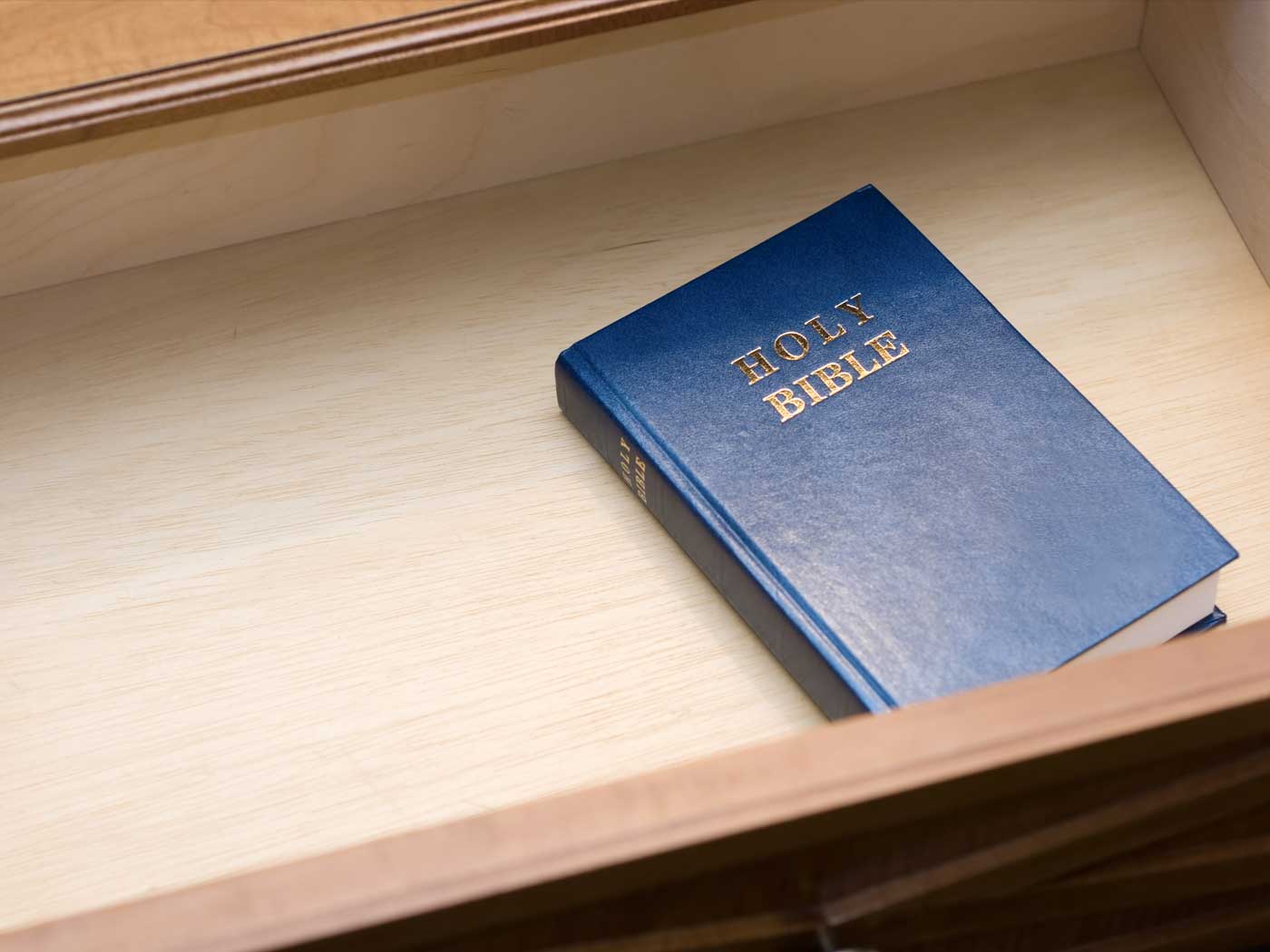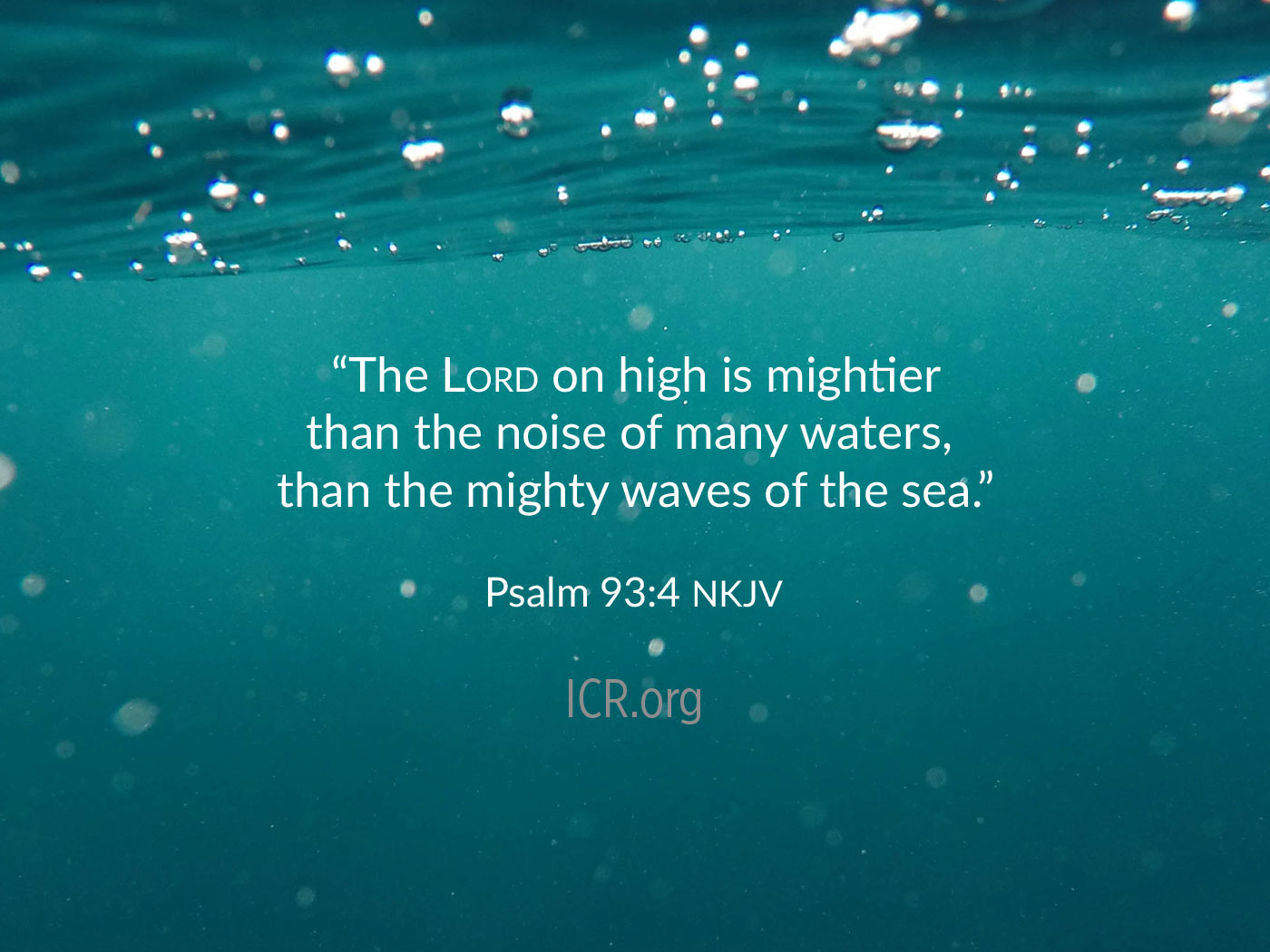Search Tools
New Defender's Study Bible Notes
15:42 incorruption. The Greek word translated “incorruption” is aphtharsia. It is translated “immortality” in II Timothy 1:10. Another word, athanasia, is rendered as “immortality” in I Corinthians 15:53-54. The new bodies which believers will receive at the resurrection will thus be both “without corruption” and “without death.” Note that these both apply to the spiritual body (I Corinthians 15:44). Both pagans and New Agers believe in the “immortality of the soul,” either in an eternally disembodied state or in reincarnation in another body. The Scriptures, however, clearly teach the resurrection of the dead (I Corinthians 15:42, I Thessalonians 4:16-17).
15:43 sown in dishonour. In I Corinthians 15:35-45, death and resurrection are compared to seed-sowing and harvest. When a seed is planted in the ground, it is as though it had died and was being buried. For a long time after its death, the seed cannot be seen, but finally it rises again as a beautiful sheaf of grain. Jesus made the same analogy: “Except a corn of wheat fall into the ground and die, it abideth alone: but if it die, it bringeth forth much fruit” (John 12:24; note also Mark 4:26-29). The human body, because of sin and the curse, eventually dies and is buried, but one day (like the planted seed) it will appear again. The same basic body, now immortal and glorified, its only real inhabitant, its eternal created spirit has been born again in Christ.
15:44 raised a spiritual body. The spiritual body rising from the dead will no longer be under bondage to gravitational and electromagnetic forces, as at present, but only to spiritual forces of which we now have no real knowledge. We do know, however, that our spiritual bodies will be like that of the resurrected body of Christ (Philippians 3:20-21; I John 3:2), able to move through solid walls (John 20:26), and move with tremendous speed between earth and God’s throne in heaven (John 20:17-19).





















